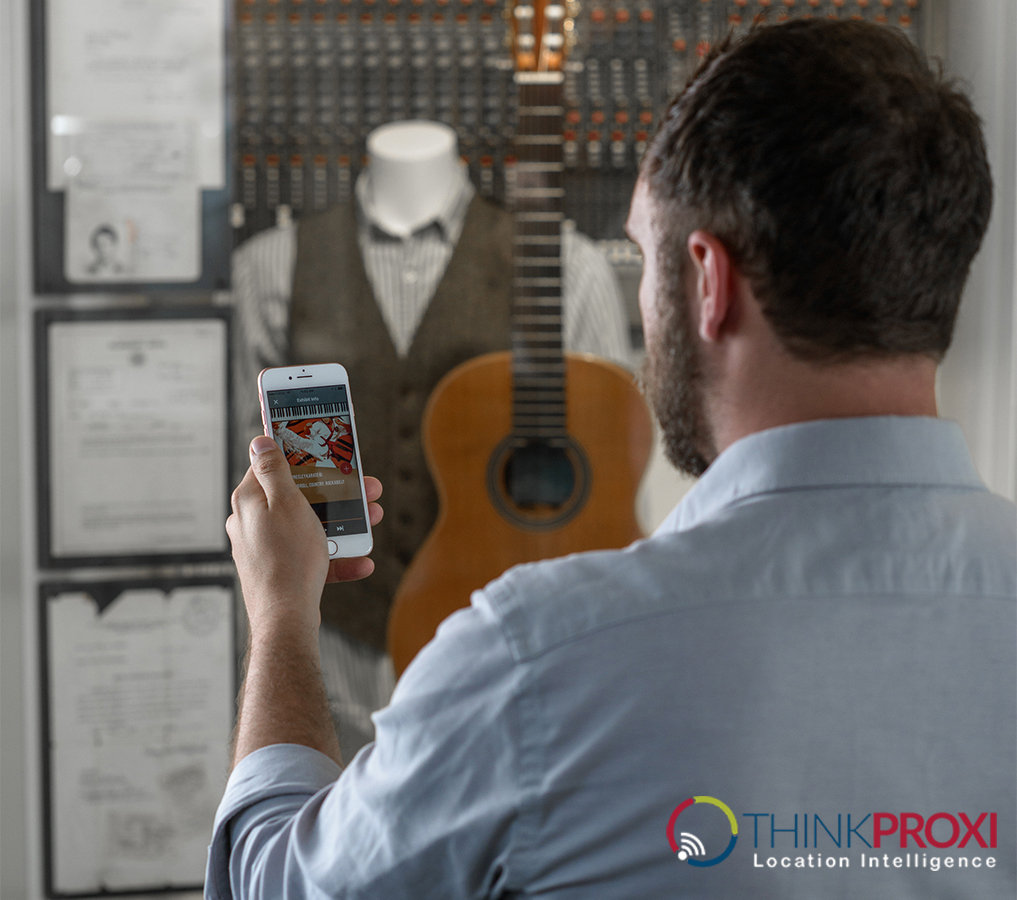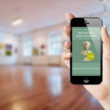Six Ways Proximity Marketing Can Increase Museum Attendance
6068 Views
Museums must consistently keep their physical space attractive and interesting so their audiences find them relevant and valuable. A current challenge is marketing to Millennials and Centennials. As tech-driven generations, many of these younger consumers would rather play games on their smart phones or shop online than visit a museum. So, how do we reach them and entice them to visit our museums and attractions?
By capitalizing on what they love: Their smartphones!
Instead of competing with Words with Friends and Snapchat, embrace the possibilities. Museums and attractions embracing beacon technology use the technology addiction to maximize museum attendance. Here are six ways they create success:
1: Increases interaction
Walking through a museum or attraction and reading the signs or listening to a self-tour through the museum’s headphones is ok. But nobody is going to be thrilled with it. Add interesting back-stories about the exhibit with interesting tidbits of history, photos, and even videos, and you have an entirely different experience.
Exhibit descriptions that are far too big for traditional signs are easily added with beacons. These can be transmitted directly to a museum visitor’s smartphones for them to digest at their own pace. Additional tools like games, quizzes, and trivia make the experience more about immersing themselves into the exhibit, and less about casually reading signs.
2: Expands social media sharing
Increased visibility to the museum’s offering serves to ramp up interest and attendance, especially if it looks fun and engaging.
Making social media posting easier and faster reaches more people and makes the experience more memorable. Through your attraction’s app, patrons have the option to easily share exhibit information on their social network directly. Selfies, comments, and check-ins build awareness of your museum or attractions and spur people who may have never considered visiting before to come and try it out themselves.
3: Boosts repeat visits
It’s a common perception that once a person has been to a museum they have seen it all and don’t need to go back. With proximity marketing, museums can change this mindset.
Before patrons leave, beacons can shoot them discounts on repeat visits or great deals on season passes. If they have enjoyed their experience, the memory is fresh in their minds, and they are more likely to take advantage of these offers while they are still on-site.
Once a visitor downloads the app, the museum can push them notifications that will entice them to come back. New exhibits, interesting events, and current promotions are all crumbs to use to lead past patrons back through the door. Hopefully, they will bring new guests with them!
4: Enhances the museum experience.
The simple fact is people like a good time. While museums and attractions may be interesting and informative, efforts to make it more fun help patrons get more out of the visit.
Beacon technology for museums makes the visit come alive. Add quick anecdotes about the museum, or in-depth videos of the curator explaining an exhibit. Offer accompanying music or a treasure hunt game throughout the visit.
In the day of smartphone games galore, these additions enrich the experience, which builds interest and promotes repeat and new visits.
5: Widens the potential audience.
History buffs love museums. Rainy days or cold weather encourages a museum visit. But what about the huge section of people who rarely think about walking through exhibit after exhibit?
The great news is proximity marketing can help reach those people and entice them into a visit. Social sharing gets the word out, as does a positive museum experience. Comments like “it was so cool” or “they have tons of really interesting information” may spark someone’s interest who has never been a museum goer before. Increased interaction married with technology creates an experience far more likely to be recommended than the same traditional way museum exhibits have been presented for decades.
6: Broadens analytical opportunities.
How can you accurately measure attendees’ interest and leverage that into opportunities to bring more patrons through the door? Sure, emailed surveys gain some results, but they aren’t going to get you the in-the-moment measure of a visitor’s true preference and behavior.
Proximity marketing in museums doesn’t just enrich the customer experience, it also gathers information about their behaviors and actions. Reports created from data like the demographics of the audience that liked each exhibit best, and which exhibits they didn’t seem interested in. Surveys at the end of the visit also offer up priceless intel. By implementing proximity marketing that features beacon technology, museums are able to analyze the popular offerings and build future plans around that information to increase attendance.
Executed thoughtfully and strategically, proximity marketing can increase museum attendance dramatically. Organizations that are embracing it and using beacon technology along with it are enjoying more engaged patrons, wider social media exposure, and a larger recognition of their brand. The time is now!
Have questions about how to increase museum attendance? Contact ThinkProxi today and one of our experienced professionals will be happy to consult with you on your specific needs.

